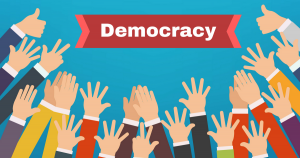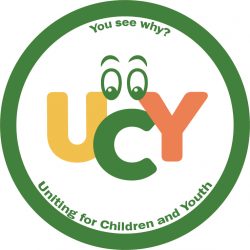
Not long ago we looked south of the border to what we thought was a stable democracy, but what we see now is cause for alarm. It has led many of us to question the health of our own Canadian democracy, and here in Ottawa the signs are not good. It might be said that we are doing little more than pretending to be democratic, and this is no more evident than in the results of the recent Ottawa-Carleton District School Board trustee elections.
Despite concern over the growth of the far right populist movement occurring around the world, people in Ottawa did not demonstrate at the polls that they are any more concerned than usual. Consistent with four years earlier, only 40% of eligible voters turned out to exercise their democratic duty, and of those who did, there is, as there was four years ago, ample evidence that many of them were far from informed when they cast their votes. In one riding for example, two new candidates, Elaine Hayles and Travis Croken were running to unseat incumbent Mark Fisher. Fearing that she and Travis, who were similar in their views, would hand Mark a win by splitting the vote, Elaine suspended her campaign early and asked her supporters to vote for Travis. As it turned out, Elaine received 33.7% of the vote, more than twice that of Travis who got only 15.9%, and Mark cruised to victory with 50.4%. Under these circumstances, people may find the results surprising, but close observers don’t see it that way. For them, the results simply confirm their view that even among the small number of people who get out to vote, many of them know little about the candidates.
It might be said that Mark had a majority and would have won anyway, but that is not necessarily the case. Name recognition, which tends to favour incumbents, could have explained the difference, but this diminishes when people are more informed. In Zone 7, there were only two candidates running, Jennifer Jennekens and Kim Woods. Neither was an incumbent. Jennifer won the riding with 52.7% of the vote compared to Kim’s 47.3%. Jennifer had run in the previous election and therefore may have had more name recognition than Kim. She was also first alphabetically on the ballot, which is another advantage when voters are uninformed, and so it is fair to wonder if Jennifer won because of her platform, or because people were not paying attention. If you add to this the fact that candidates in addition to Elaine Hayles who had suspended their campaigns, or who were essentially “no shows” during the elections, received in the range of a 1000 votes or more, a valid conclusion to be drawn is that our democracy is not alive and well.
Putting this concern for our community having a democratic deficiency into context with public education, we might say, “Well little wonder.” We school children in an autocratic environment where they have little control over what happens to them. It conditions them to think that their views don’t matter and that other people who presumably know more will look after them. By keeping children infantile in this way they are thought to be more manageable, but they may never grow up. This is what a 40% turnout of uninformed voters suggests is happening. The health of our democracy requires that our schools treat students as democratic citizens. There is no mystery in how to do it. There is plenty of information on the democratic learning model. What people find mystifying is how to transition from our autocratic system to a more democratic one. The key is to establish the kinds of conditions in public education that allow for a fundamental shift like that from landlines to cellphones. Provide choices; make them equally known and accessible, and let students decide with their parents their best option. The speed of change has to be paced with the ability of schools to provide alternatives in much the same way that organizations must manage growth, but by taking full advantage of the educational benefits of technology, a major transformation could occur relatively quickly.

